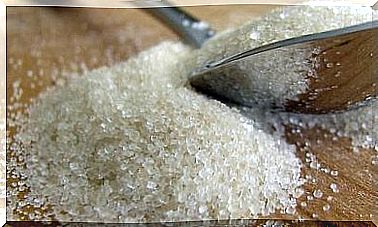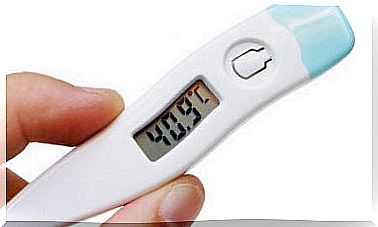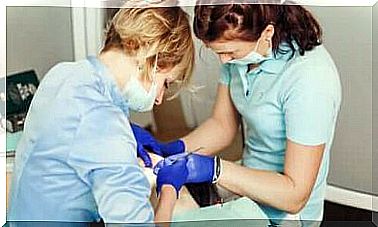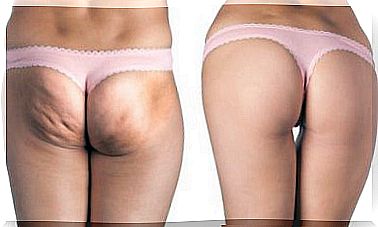Breast Pain After Plastic Surgery

Breast pain after plastic surgery is a common problem. Of course, every surgical procedure has its risks, benefits, and side effects. Surgeries are invasive procedures that usually involve pain. The same is true when it comes to breast surgery.
In recent years, breast surgery has become one of the most commonly performed plastic surgeries. However, we are not just talking about breast augmentation, but also breast reduction, deformity repair and even retouching the shape of the nipple.
About 1 in 400 women (Spanish link) has breast implants. This is a very high number showing that many women may have questions about this type of procedure. Therefore, in this article we will talk about breast pain after plastic surgery.
Why do people experience breast pain after plastic surgery?
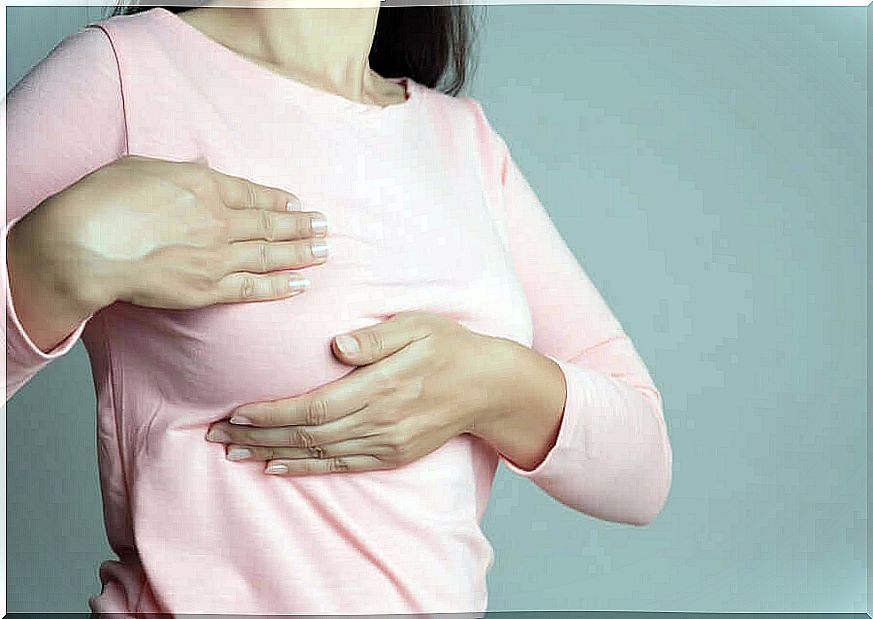
The chest area is full of nerve endings that increase sensitivity. Therefore, breast pain after plastic surgery is normal in most cases.
This pain, of course, depends on the exact intervention that a person undergoes. To understand why pain occurs, let’s use the example of a breast augmentation. This is an operation performed under general anesthesia and usually takes about two hours.
A breast augmentation involves two incisions at the bottom of the breast. However, the latest techniques allow surgeons to cut along the contour of the nipple or along the armpits. What you need to understand is that all of these areas contain sensitive nerves.
To insert breast implants, surgeons have to make space under the mammary gland, much like a pouch. They do this by cutting away all the tissue. Most prostheses are implanted under the pectoral muscle. This is a little more aggressive, but it allows women to breastfeed later.
Anyway, as we said, this area is full of nerves. The incisions can alter the nerve endings that transmit sensitivity. Therefore, it is normal for breast sensitivity to change after surgery.
Breast pain after plastic surgery
As we mentioned, individuals may experience a change in breast sensitivity in the weeks following the procedure. However, most women regain normal sensitivity over time, as nerves recover easily.
Despite this, it is common for women to experience breast pain after plastic surgery, as well as cramps or tingling. In addition, you have to take into account that the skin needs to be stretched in order to conform to the shape of the implant. The muscles and tissue need to heal, so it is normal to experience pain.
Many women explain that after a breast augmentation they have difficulty performing daily tasks. For example, they have pain while dressing or doing their hair, especially if the implant is inserted under the pectoral muscle. However, others say the pain is bearable.
What can you do about the pain?

We should emphasize that breast pain after plastic surgery is a physiological and natural thing during tissue remodeling. In addition, the incisions and sutures must heal correctly. As you can imagine, this process takes time.
However, if the chest pain persists for a long time, you should see your doctor. There may have been some complications during the operation. Anyway, plastic surgeons usually recommend periodic checkups after interventions.
There are simple steps you can take to improve the recovery process. The first is to rest as much as your doctor recommends. In general, you should avoid any exertion and intensive sports. Doctors even warn against doing upper body workouts for at least one month after surgery.
In addition, it is best to sleep face up and avoid pressure on the chest area. You should not massage or even press on the breasts. You also need to wear a special bra to provide the proper support.
In some cases, especially after the procedure, it is often a good idea to take pain relievers for breast pain. In any case, you should discuss any questions with your surgeon.

